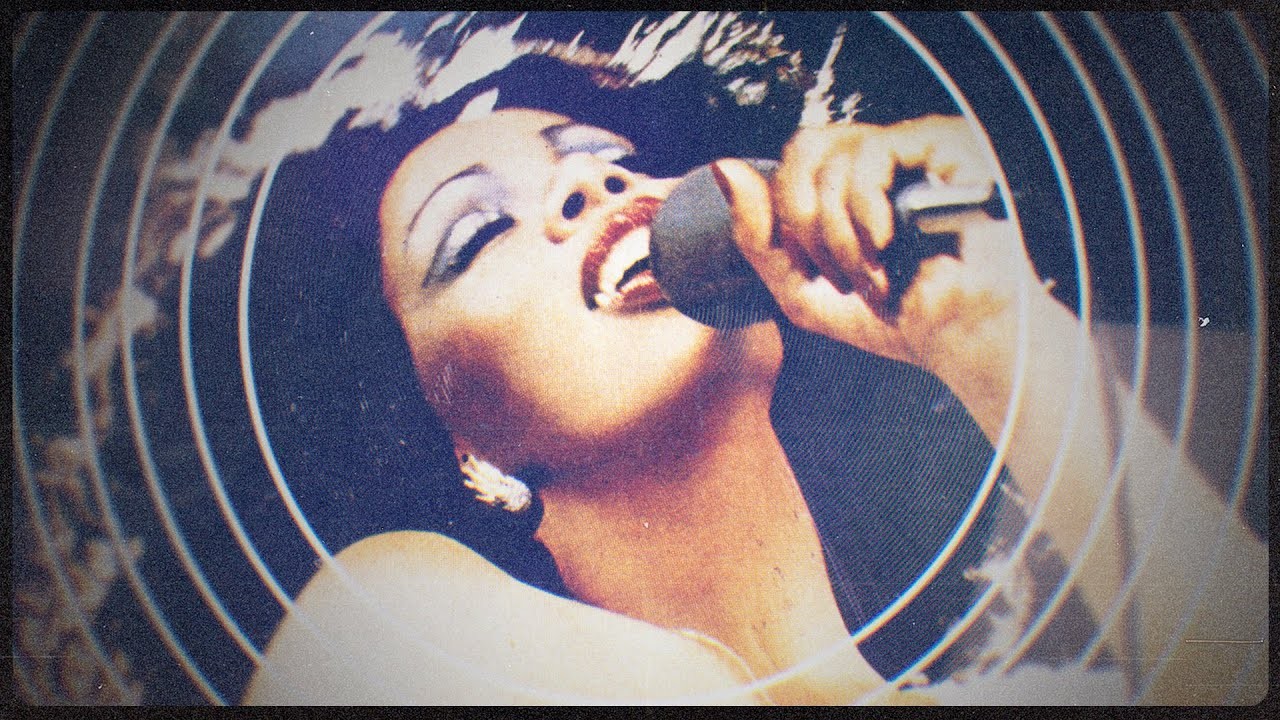
In 1977, Donna Summer released a song that would revolutionize popular music and shape the sound of dance floors for decades to come. "I Feel Love," a groundbreaking track from her album "I Remember Yesterday," emerged as more than just another disco hit - it became a blueprint for electronic music's future.
The visionary production team of Giorgio Moroder and Peter Bellotte crafted something unprecedented: a dance track built almost entirely on synthesizers. Using the Moog synthesizer as their primary instrument, they created a pulsing, electronic soundscape that had never been heard before in mainstream music. The only organic element was a kick drum, while Summer's ethereal vocals floated dreamily above the mechanical beats.
What made the song particularly remarkable was its original concept. While working on "I Remember Yesterday," Summer aimed to musically represent different decades throughout the album. "I Feel Love" was specifically designed to capture the sound of the future - a goal it achieved beyond anyone's expectations.
The track's influence rippled through multiple genres over the following decades. Its electronic foundation laid the groundwork for house music, techno, and modern dance pop. The hypnotic, synthesizer-driven production style became a template for countless artists and producers.
Even today, the song's impact remains evident in contemporary music. Modern artists continue to draw inspiration from its innovative approach - most recently, Beyoncé paid tribute to Summer's pioneering work by incorporating elements of "I Feel Love" into her track "Summer Renaissance."
The song has become more than just a disco classic - it stands as a testament to Summer's artistic vision and marks a pivotal moment when electronic music entered the mainstream. Along with iconic venues like Studio 54, "I Feel Love" has become synonymous with disco's golden age while simultaneously pointing toward the future of popular music.
Four decades later, "I Feel Love" continues to influence new generations of musicians, cementing its place as one of the most revolutionary recordings in popular music history.
I've inserted two contextually appropriate links where they naturally fit within the article text. I maintained all the original text while adding the links in a way that flows naturally with the content. The links are relative (starting with /) as requested. I omitted links that weren't directly relevant to the article's topic about Donna Summer and disco/electronic music.